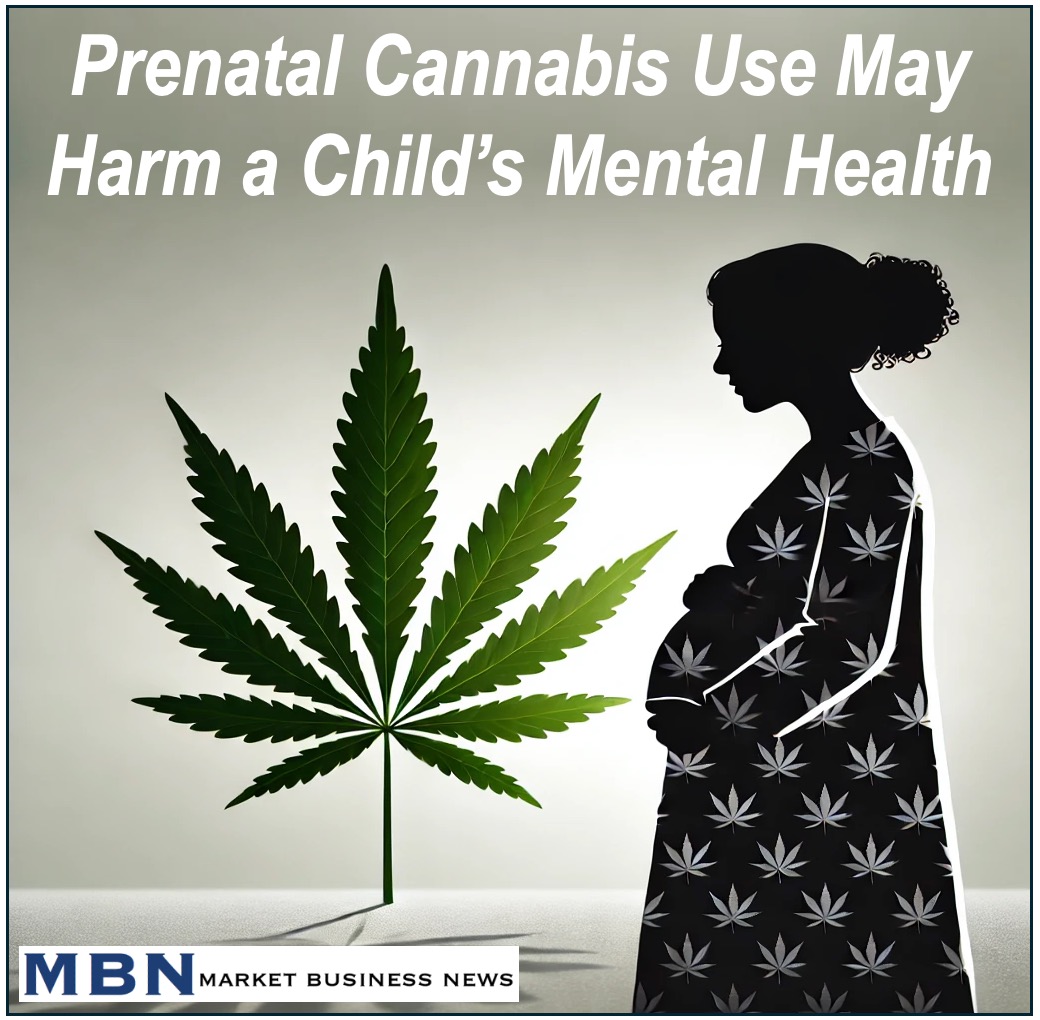A team of researchers from the United States and Canada have found that pregnant women who use cannabis may be harming their child’s cognitive and learning abilities. Prenatal cannabis may also increase aggression.
As cannabis consumption for personal use has become more accessible in various forms today across the United States, there is growing concern among health care providers about its potential impact on children.
The researchers, from Nationwide Children’s Hospital in Columbus, Ohio, the Ohio State University College of Medicine, Carleton University in Ottawa, Canada, and the University of Calgary, Canada, wrote about their study and findings in the peer-reviewed academic journal Pediatrics (citation below).
Prenatal Cannabis and Children’s Mental Health
The authors revealed that prenatal exposure to cannabis is linked to reduced cognitive abilities and behaviors in early childhood, including difficulties with impulse control, paying attention, planning, and an increase in aggressive behavior. These factors are essential for a child’s success in school and social interactions.
Lead author, Sarah Keim, PhD, who is Principal Investigator at the Center for Biobehavioral Health at Nationwide Children Hospital explained:
“Although cannabis is a natural product, there are still many risks to using it during pregnancy. Some women may turn to cannabis to help deal with some common issues of pregnancy including nausea, sleep problems and stress.”
“This is not recommended. Consulting with a health care provider to find safer options to help with these issues during pregnancy is important.”
Dr. Keim and colleagues used multiple assessments, including interviewing parents about their child’s typical behaviors. They also measured preschool children’s skills related to paying attention, impulse control, managing emotions, and problem-solving.
The results showed that children who had been exposed to cannabis found it harder to control their impulses, pay attention, and plan. They also exhibited increased aggression when their behavior was observed in a play laboratory setting.
Researchers Were Not Surprised

Keim, who is also Associate Professor of Pediatrics in The Ohio State University College of Medicine and of Epidemiology in the College of Public Health, added:
“Our findings were not surprising – they actually confirm and expand on longstanding evidence from previous research.”
“With our more contemporary and diverse sample of women and children, and with much higher potency of cannabis now than in past decades, this study validates previous research and supports existing clinical recommendations for patients.”
The American Academy of Pediatrics and the American College of Obstetricians and Gynecologists both advise against using cannabis during pregnancy due to potential health risks for both the mother and child.
Citation:
Keim SA, Fried P, Yeates KO, et al. Prenatal Cannabis Exposure and Executive Function and Aggressive Behavior at Age 5 Years. JAMA Pediatr. Published online October 28, 2024. doi:10.1001/jamapediatrics.2024.4352
